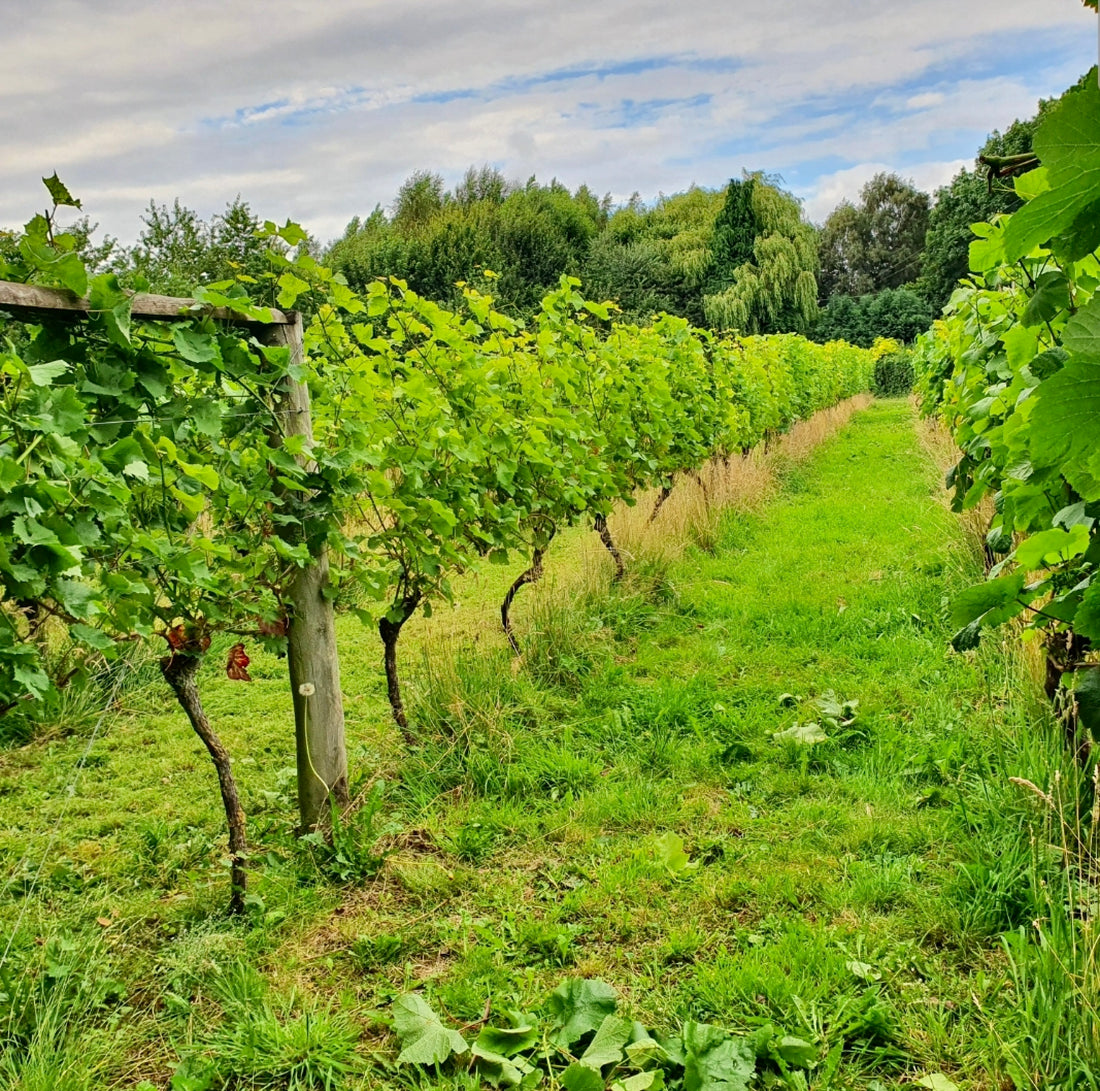In case you missed Robin's article in the summer edition of My Shrewsbury magazine, we thought we'd upload it all here for your reading pleasure. But even if you've already read it, perhaps this could be an encouragement to make yourself aware of the different smells and tastes that the winter months bring.
Taste MakersWhen did you last really taste something? How long since you actually took the time to slow down, to take notice of the flavours and aromas of what you were eating or drinking. The smell of a freshly picked English strawberry for example, or the balance of sweet and sour in a gooseberry.
For that matter, when did you really listen to a piece of music, or look at some art, watch a film, or just enjoy being in the great outdoors? We are surrounded by distraction. Whether that’s our phones, a deadline, or other people.
It takes concentration to focus on one thing, and we have to eat and drink, so it’s very easy to do this while not paying much attention to what we’re consuming. But in so doing we can miss out on so much. Even having spent my career in wine I often find myself having eaten or drunk something without really having noticed the flavours.
Our team at the shop and bars has regular meetings to catch up and make plans. We always try to taste some wines together then too. I’m always reminded how everyone’s taste is different but also how our vocabulary for describing taste is really pretty limited. There are the five building blocks - sweet, sour, salty, bitter, and umami. For example you can rate sweetness on a scale from 1 to 10 where 1 is bone dry and 10 is the sweetest thing you could ever imagine or have ever tasted. Umami is a bit different, a kind of savouriness found in meat, eggs, various beans, ketchup and so on. But again you can say there is more of less of it.
But beyond these five you are just into comparisons, what the taste of a wine reminds us of. So describing a wine can be a real challenge. You can say the wine smells of citrus fruit for example but what kind of citrus? Or herbal, but what kind of herb?
Smell has a very close link to memory too, so a wine may remind you of something that isn’t edible. Leather, old books, earthiness are all quite often used as descriptors. And that is fine so long as your memory is common to other people, if you want to describe a wine to someone else. The important thing to remember is that there are no right or wrong answers. Our sense of taste is unique to each of us and there is no way of knowing what the person sitting next to us is experiencing when they taste the same thing.
When we are tasting wines at work to decide whether to buy them or not, we usually taste them without food. But this is a bit of a nonsense really as very often when we are drinking wines we are eating with them too, even if that’s just a few snacks. And what you are eating alongside can have a big impact on how much you enjoy the wine. The canny winemaker will often have something tasty to eat on hand.
Many people find it easier to compare things. This wine is sweeter than that one or more or less fruity. But nailing down why you do or don’t like something and being able to express that to someone else is hard.
If you want to learn more about tasting, come to one of our tutored tastings for customers where we typically serve five wines, talk through the story of each one and our own impressions of what they taste like. We often serve some appropriate food alongside too. You can find out about these events on our websites,
ironandrose.com and
glouglou.uk or by signing up to our email newsletters.
We also always have wine flights on offer at both GlouGlou and PetitGlou. Each flight is small servings of five different wines. We talk you through each one as we pour. Flights don’t need to be booked in advance and we can usually tailor the selection to match your taste but getting out of your comfort zone is part of the fun!
So next time you open a bottle, sit down for a meal or just have a snack, take the time to focus on the flavour or get outside and smell the roses!

